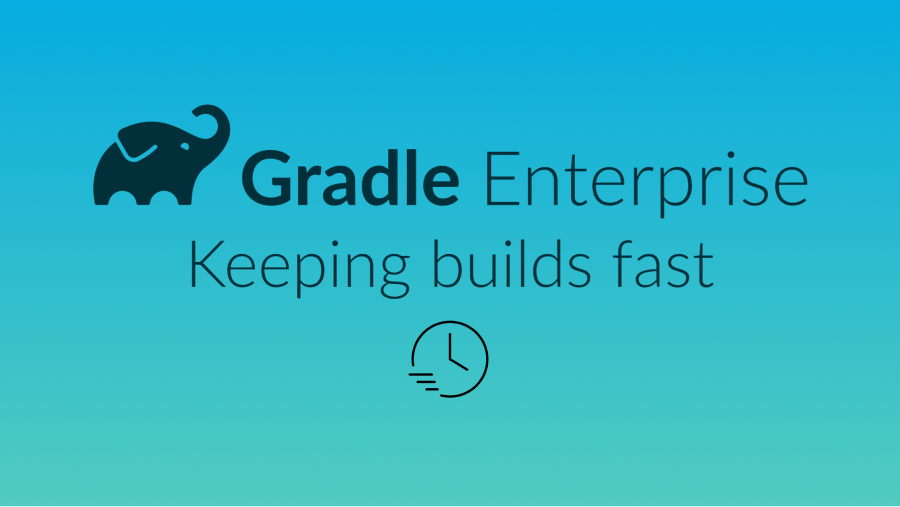What’s inside?
Facebook takes a DevX-first approach to growing and evolving their monolithic repo. The repo is responsible for web pages and web servers, leveraging signed, checked, and highly-usable generated code to fulfill all integration and deployment requirements. Generated code offers daily benefits to Facebook’s developers, like auto-resolution of merge conflicts, script verification checkpoints, and time-saving incremental code generation only for files that were changed. Yet as code generation scaled to accommodate more developers, their pain points–like slower processes and broken code sneaking in–also grew in scale. This led the DevX team to take a step back. Learn how their renewed focus on DevX led to improving their existing frameworks and internal language used, as well as creating smart build caches to speed things up.
Facebook takes a DevX-first approach to growing and evolving their monolithic repo. The repo is responsible for web pages and web servers, leveraging signed, checked, and highly-usable generated code to fulfill all integration and deployment requirements. Generated code offers daily benefits to Facebook’s developers, like auto-resolution of merge conflicts, script verification checkpoints, and time-saving incremental code generation only for files that were changed. Yet as code generation scaled to accommodate more developers, their pain points–like slower processes and broken code sneaking in–also grew in scale. This led the DevX team to take a step back. Learn how their renewed focus on DevX led to improving their existing frameworks and internal language used, as well as creating smart build caches to speed things up.
Summit Producer’s Highlight
Get an overview of how Facebook (Meta) leveraged code generation to its maximum potential before uncovering its DevX limitations. Learn about the steps the Developer Experience team took to support code gen as a scalable benefit for developers, how it eventually evolved to expose some problematic experiences, and what the Meta team has done recently to find alternatives to code generation.
Get an overview of how Facebook (Meta) leveraged code generation to its maximum potential before uncovering its DevX limitations. Learn about the steps the Developer Experience team took to support code gen as a scalable benefit for developers, how it eventually evolved to expose some problematic experiences, and what the Meta team has done recently to find alternatives to code generation.
About Affan
Affan Hussain works as a Software Engineer on the Developer Experience team at Facebook (Meta). He loves to help other developers move faster and achieve their goals.
Affan Hussain works as a Software Engineer on the Developer Experience team at Facebook (Meta). He loves to help other developers move faster and achieve their goals.
More information related to this topic
Gradle Enterprise
Solutions for Developer Productivity Engineering

Gradle Enterprise customers use the Gradle Enterprise Performance and Trends dashboards to identify and monitor performance bottlenecks in the build/test process, including code generation and annotation processors. You can learn more about these features in the free instructor-led Build Cache deep-dive training.





